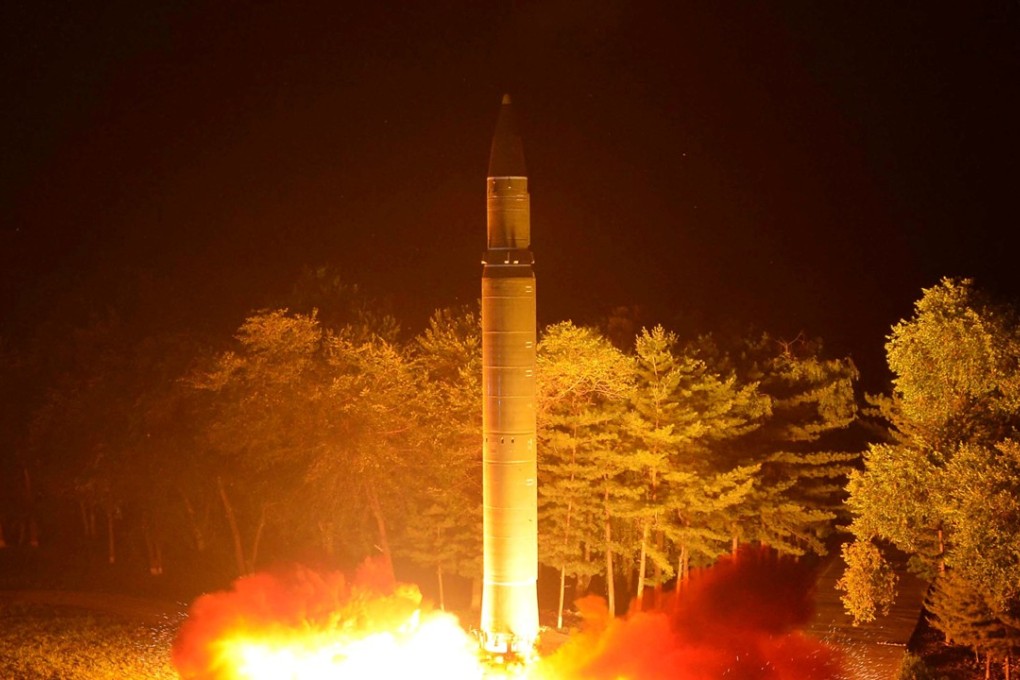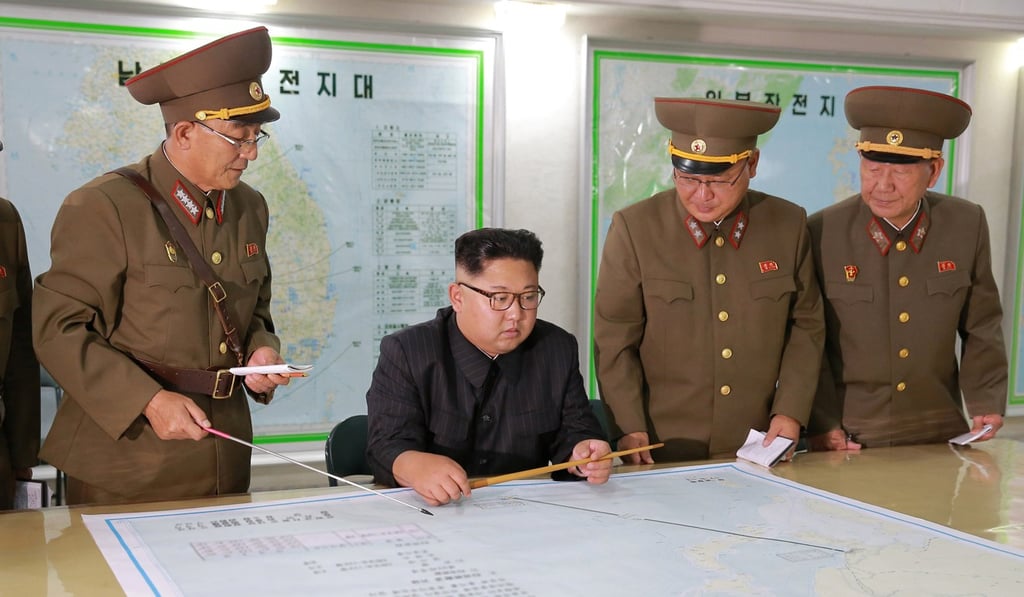US imposes new sanctions on Chinese and Russian companies to cut off North Korea support
The sanctions affect Dandong Rich Earth Trading Company, which the US accused of buying vanadium ore from Korea Kumsan Trading Corporation

The US announced a set of secondary sanctions against 16 Chinese and Russian entities as part of its efforts to cut off trade with North Korea and starve the country’s military of the cash it needs to develop nuclear weapons.
The move opened a new rift with China, which blasted the US for its “long-arm jurisdiction” and demanded that Washington “immediately correct its mistake”. The US government’s action also expanded the scope of sanctions to include oil, a product that had been left out of previous bans on humanitarian grounds.
Chinese companies facing sanctions include Dandong Rich Earth Trading Company, which the US accused of buying vanadium ore from Korea Kumsan Trading Corporation, a company already sanctioned by the United Nations Security Council, according to a US Treasury Department announcement. Mingzheng International Trading Limited was also named in the action as a “front company” for North Korea’s Foreign Trade Bank.

“It is unacceptable for individuals and companies in China, Russia, and elsewhere to enable North Korea to generate income used to develop weapons of mass destruction and destabilise the region,” US Treasury Secretary Steven Mnuchin said in an announcement.
“We are taking actions consistent with UN sanctions to show that there are consequences for defying sanctions and providing support to North Korea, and to deter this activity in the future.”